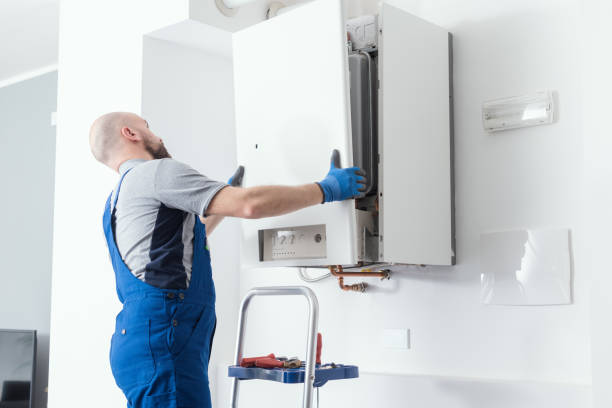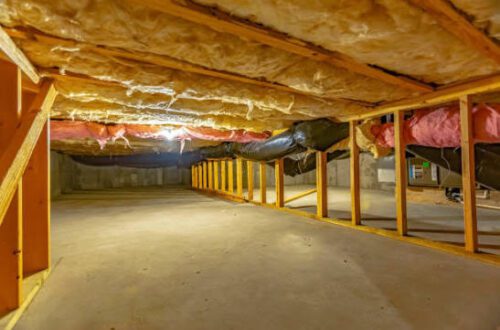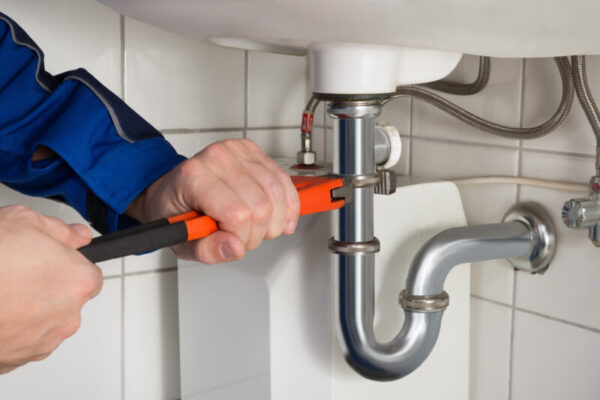A reliable hot water system is essential. Whether it’s for your morning shower or a load of laundry, you depend on hot water without giving it a second thought – until it stops working. Sometimes, signs that your system needs attention are subtle; other times, they’re glaringly obvious. So, how can you tell if your hot water system is on its last leg and needs a repair before things get worse?
Here’s an in-depth look at the most common signs your hot water system needs attention – and what each might mean for your setup.
1. Inconsistent Water Temperature
Have you noticed your water suddenly running hot and cold, or taking longer than usual to reach the desired temperature? When a hot water system is struggling to maintain consistent heat, it’s often an early indication that something is amiss.
In many cases, temperature inconsistencies are due to sediment build-up around the heating elements or within the tank itself. Over time, these particles settle, making it harder for the system to produce a stable flow of hot water. If this issue is ignored, it can strain your system and potentially lead to more costly repairs.
2. Reduced Hot Water Pressure
Low water pressure can be frustrating, especially when you’re trying to rinse off soap or wash dishes. When hot water pressure takes a noticeable dip, it’s often connected to sediment build-up or mineral deposits within your tank or pipes. However, it could also mean a leak somewhere in the system – which, if left unchecked, can create water damage in your walls or ceilings.
Hot water systems rely on clear, unblocked pipes to ensure strong pressure. Blockages or corrosion over time can cause a significant drop in pressure, making it harder to get the hot water you need at the flow rate you’re used to. When this happens, it’s important to get a hot water systems repair sooner rather than later!
3. Discoloured or Rusty Water
If your hot water has started looking a little brownish or rusty, this could point to serious issues within your tank. Rust inside a water heater tank typically means that the inside is deteriorating, especially if the tank is older. Over time, corrosion can lead to cracks, leaks, and eventually, a complete breakdown.
This is a sign that shouldn’t be ignored, as rusty water can pose health concerns, particularly for drinking, cooking, and bathing. Sometimes, this discolouration may be related to rusty pipes, but in most cases, it’s the tank that’s reaching the end of its lifespan.
4. Strange Noises from the Tank
Any unusual sounds coming from your hot water tank – banging, rumbling, or clanking – are red flags. Over time, sediment and minerals can settle at the bottom of the tank, causing the heating elements to work harder. This often results in banging or popping noises as the trapped sediment shifts and moves.
These noises indicate that your system is working inefficiently and may soon need repair. If left unchecked, the increased strain can shorten the lifespan of your system and lead to higher energy bills.
5. Leaks Around the Tank
Notice any puddles around your hot water tank? Leaks are never a good sign. They could be due to loose connections, a broken valve, or – worse – corrosion inside the tank itself. While minor leaks might be fixable, significant leaks can indicate a tank that’s past its prime and may need a full replacement.
Water damage can be costly, so if you spot a leak, address it quickly before it has the chance to spread and worsen.
6. Hot Water Runs Out Quickly
If you’re suddenly running out of hot water halfway through a shower, something is definitely up. Over time, as sediment accumulates in the tank, it can reduce the system’s capacity to hold heated water, leaving you with less than you expect.
A sudden reduction in hot water availability can also signal a malfunctioning thermostat or a failing heating element. Either way, it’s a sign that repair is needed to get your system back on track.
7. Higher Energy Bills
If you’ve noticed your energy bills creeping up with no apparent explanation, it might be due to your hot water system working overtime. When a hot water system isn’t functioning efficiently, it requires more energy to heat the water to the desired temperature, which directly impacts your utility bills.
Higher bills are often caused by build-up, failing components, or general inefficiencies within the system. Having your hot water system inspected and repaired can often bring these costs back down.
8. Old Age of the System
Most hot water systems last between 8 to 12 years, depending on the make and model. If your system is nearing or has surpassed this age range, it’s wise to keep an eye out for issues. An older system is more prone to breakdowns, leaks, and efficiency loss. Regular maintenance can prolong its life, but at a certain point, repairs may not be enough to keep it running optimally.
If your system is showing some of the signs listed above and is also nearing the end of its lifespan, it may be time to consider a replacement rather than continuous repairs.
When It’s Time to Call the Experts
Hot water system issues can range from minor annoyances to major inconveniences – or worse, expensive repairs if ignored. By keeping an eye out for these signs, you can prevent small problems from escalating into costly replacements. If you’ve spotted any of these issues in your hot water system, calling in a professional sooner rather than later can save you both time and money.






